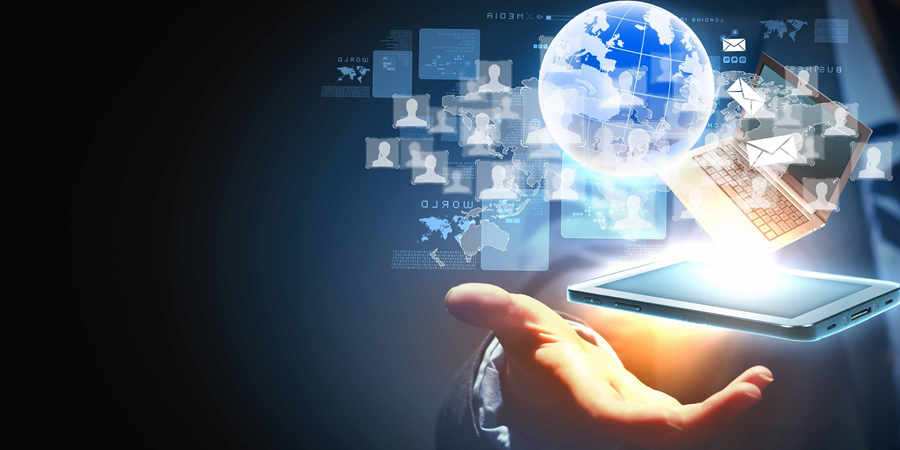ITU’s World Telecommunication and Information Society Day is celebrated annually to help raise awareness of the possibilities that the use of the Internet and other information and communication technologies (ICT) can bring to societies and economies.
The theme for 2020, “Connect 2030: ICTs for the Sustainable Development Goals (SDGs)” focuses on specific ICT-enabled solutions and emerging trends for fostering economic, environmental and social sustainability – key themes of both the Connect 2030 Agenda and SDGs.
It is widely acknowledged that ICTs have great potential to accelerate progress towards the 17 United Nations SDGs. The UN Assembly sees ICT infrastructure as a cross-cutting ‘means of implementation,’ underpinning the achievement of every goal. All three pillars of sustainable development – economic prosperity, social inclusion and environmental protection – need ICT as a key catalyst.
ICTs are able to achieve sustainable development at scale, speed and cost that were not imaginable just a decade ago. They are means to advancement in the areas of health care, education, finance, governance and agriculture, among others. They help to reduce poverty and hunger, boost health, enhance education, mitigate climate change, improve energy efficiency and make cities and communities sustainable.
More than 2 billion people in the world don’t have bank accounts, while access to digital financial services has been proven to help lift people out of poverty. Connectivity promotes work by giving access to income-generating business opportunities, and financial inclusion by enabling services such as mobile banking.
The ICT sector is also delivering substantial benefits across the global healthcare ecosystem. The rapid spread of COVID-19 has been causing cascading economic and social stress across the world. The concept of the ‘digital divide’ has never been more relevant, when a lack of internet connectivity could be a matter of life and death, restricting the amount of information available to people regarding the deadly coronavirus.
A recent WHO and ITU initiative to share coronavirus healthcare advice via text is an example of how quickly information can be disseminated thanks to ICTs. The organizations are working together with operators to spread the reach of vital health information, particularly to those without access to the internet.
ICTs allow health workers to be connected to health information and diagnostic services. Analytics can help healthcare professionals make projections about diseases and enables the effective and continuous management of health practices.
Technology has also complemented, enriched and transformed education for the better. With connectivity, students can access learning resources and opportunities even in remote or low-income areas. Teachers can prepare for classes anytime or anywhere. ICT opens up access to education to underserved populations for whom improved educational opportunities lead to improved economic opportunities. Quality of education is absolutely critical for long-term economic growth.
ICT-based solutions have already been a crucial tool in helping organizations achieve energy efficiency and reduce emissions. The ICT industry has also been making strides in more environmentally sound and less carbon-intensive products and services. These include smart grids, smart buildings and homes, and smart logistics that improve energy efficiency and lower energy consumption across different sectors.
Smart ICT applications for energy, transport and buildings, manufacturing, smart services, agriculture and urbanization also help meet the challenge of responding correctly to climate change. For instance, ICTs can help reduce resource usage, waste and emissions. In addition, they provide the means to foster resilience and climate adaptation, such as real-time weather information updates.
It is evident that ICT offers an incredible platform for achieving the SDGs. Every goal—from ending poverty and halting climate change to enhancing education and healthcare—can be positively impacted by the ICT industry.
The ITU is committed to reaffirm a shared global vision for the development of the telecommunication/ICT sector, under the Connect 2030 Agenda envisaging “an information society, empowered by the interconnected world, where telecommunications/ICTs enable and accelerate social, economic and environmentally sustainable growth and development for everyone”.









